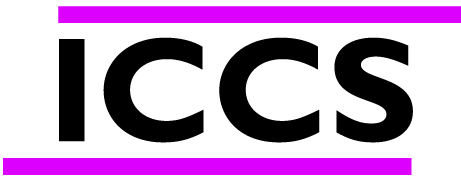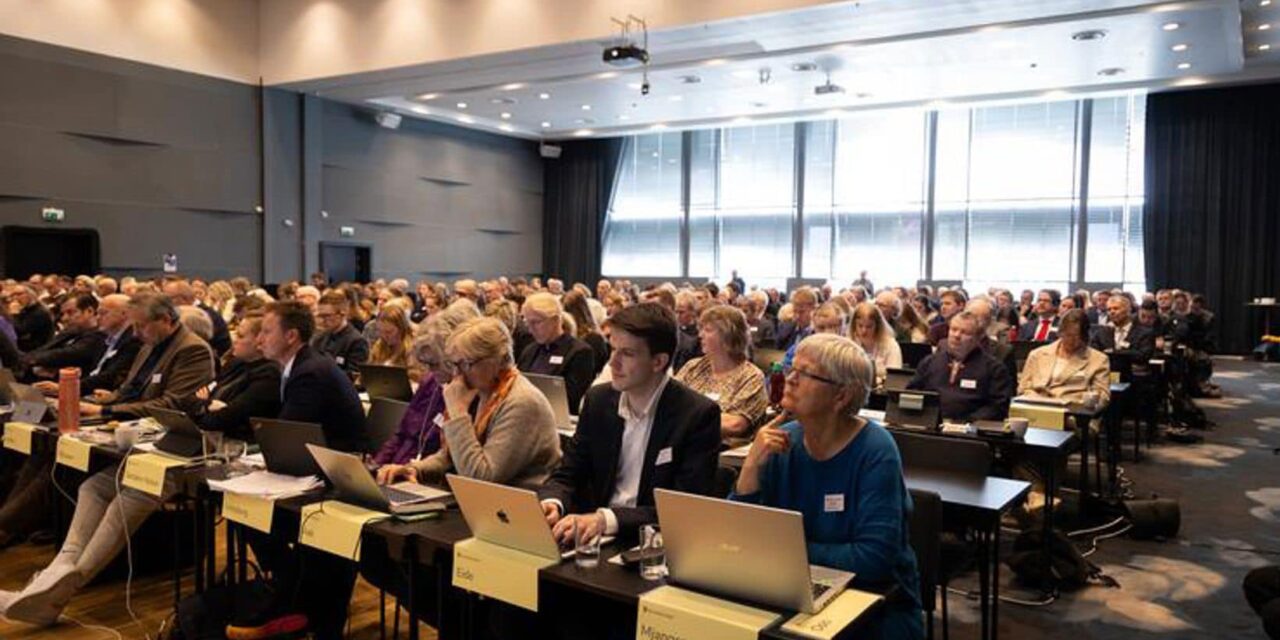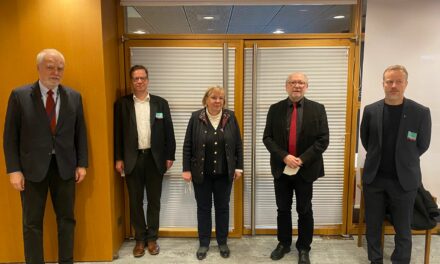Heid Leganger-Krogstad
The Norwegian Church Council passed a resolution on new principal guidelines for education in April 2024. On this basis, a new Curriculum for education within the Church of Norway will be drafted. 63 % of the Norwegian population are members and the Church is obliged to be present in all local communities in this vast and sparsely populated land and also for Norwegians abroad. The special thing is that the Church has operated with a national curriculum for its education since 2010. This curriculum was adopted by the Parliament. (available in English: https://www.kirken.no/globalassets/kirken.no/om-kirken/slik-styres-kirken/planer-visjonsdokument-og-strategier/plan_trosopplaering_2010_2013_english.pdf).
The curriculum was developed to strengthen the Church’s own education into Christianity of all baptized children as a response to the multireligious education about religions in the common school since 1997. All religious communities were given economic support by the government to take care of the non-formal religious education into the family’s own religion.
The Church of Norway has been independent of the state since 2012 (no longer a state church) and, therefore, not dependent on decisions made in the Parliament on their behalf. A less school like education is one of the most important shifts together with an enlargement of the target group. Earlier, education was mainly targeted at baptised children and young people between 0 and 18 years. Now, due to the decrease in infant baptism, it is targeted at all people interested in education and is understood as both a follow-up of baptism and as an introduction to Christianity as a preparation for the baptism of adolescents and adults. (Only 50 % of church members baptise their infants, and the most common argument is that they “want the children to decide on their own religious belonging in due time”).
There is a shift away from counting the lessons given in Church, as was required by the Parliament as a condition for economic support, to a stronger focus on learning through participation. The changes are due to a rapid secularisation in Norway and a change in the pedagogical understanding of teaching and learning. The need to offer education for all individuals who show interest in Church life is emphasised. Educational programs shall be offered for all individuals irrespective of their age, gender, membership, interest, cultural belonging, and functional level. Availability for all persons that want to take part is underlined.
The new common curriculum is mainly a revision of the 2010 curriculum and is to be finished in 2025. This curriculum will be developed on the basis of the principle guidelines that the Council of the Norwegian Church adopted in April 2024 (Matter 6/24).





